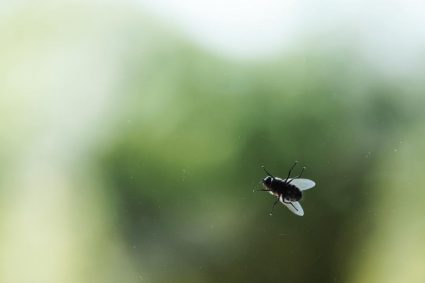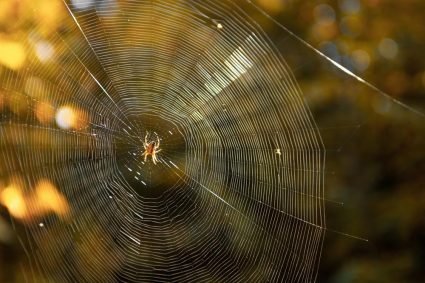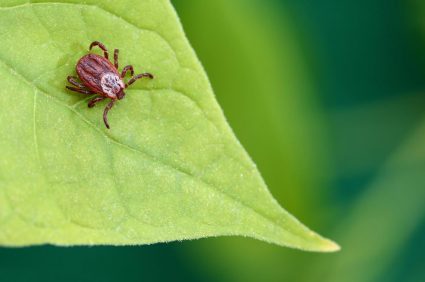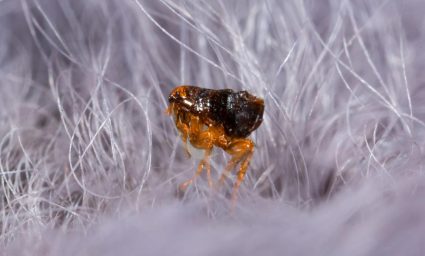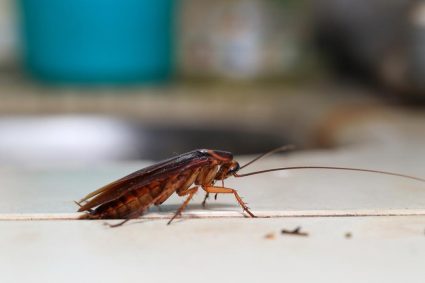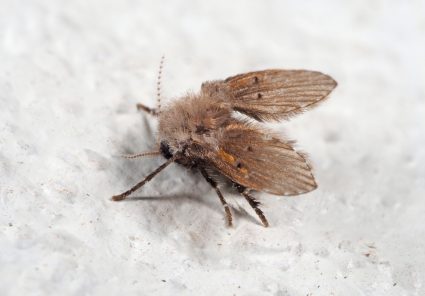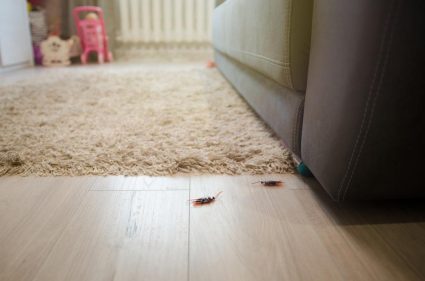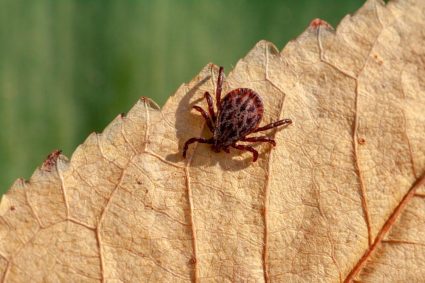
Fire ants, known for their aggressive behavior and painful stings, are a common pest in many regions. When faced with a fire ant infestation, you might wonder if household products like bleach can effectively eliminate these pests. In this comprehensive guide, we’ll explore whether bleach can kill fire ants, the potential risks associated with using bleach, and other effective alternatives for fire ant control.
Yes, bleach can kill fire ants on contact by affecting their exoskeleton and breathing, and disrupting their body’s water balance. However, it is not a long-term solution for fire ant infestations because it cannot reach deep into the ant nest to destroy the entire colony. Moreover, using bleach comes with several risks, including environmental hazards and potential harm to human health. Therefore, safer alternatives such as baits, diatomaceous earth, or natural repellents are recommended for fire ant control.
Understanding Fire Ants
Fire ants are a group of stinging ants, known for their copper brown heads and darker abdomens. They are notorious for their aggressive behavior and their painful, burning stings, hence the name “fire ants”. Fire ants pose a significant threat to crops, native species, and can even damage electrical equipment. Their large, unsightly mounds can also reduce the aesthetic value of your lawn or property.
Can Bleach Kill Fire Ants?
Yes, bleach can kill fire ants. When bleach comes into direct contact with ants, it can affect their exoskeleton and breathing, as well as disrupt their body’s water balance due to its high pH levels. However, bleach is not a long-term solution for fire ant infestations. Once the bleach dries, it loses its effectiveness. Moreover, bleach cannot reach deep into the ant nest to destroy the colony.
Risks of Using Bleach to Kill Fire Ants
Using bleach to kill fire ants comes with several risks and dangers:
- Environmental hazards: Bleach can infiltrate groundwater and harm the environment.
- Damage to surfaces: Bleach can discolor surfaces, including hardwood floors, concrete, and countertops.
- Harm to plants: Bleach can be harmful to plants and even kill them.
- Unintended harm to other organisms: Bleach can kill organisms that you don’t intend to kill, such as beneficial insects.
- Incomplete extermination: Pouring bleach directly into a mound’s entrance can kill a large portion of fire ants, but not the entire colony, leaving survivors to repopulate and build a new home elsewhere.
- Danger to people: Bleach is dangerous to humans, and mixing it with other chemicals can create toxic gases, such as chlorine gas, which can cause severe chest pain, breathing issues, and watery eyes.
Effective Alternatives to Bleach for Fire Ant Control
There are several effective and safer alternatives to bleach for fire ant control:
- Baits: Baits containing boric acid or spinosad can be carried back to the colony by the ants, eventually eliminating the entire colony.
- Diatomaceous Earth: This natural product is an effective alternative to bleach for killing ants.
- Natural repellents: Substances like cayenne pepper, cinnamon, ground orange, lemon peels, and coffee grounds can deter fire ants.
Recommended Course of Action for Fire Ant Infestations
The recommended course of action for dealing with a fire ant infestation is the two-step method, which involves baiting and mound drenching. This method targets the queen and worker ants deep in the colony, effectively eliminating the infestation.
Conclusion
In conclusion, while bleach can kill fire ants on contact, it is not an effective method for eradicating an entire colony. The use of bleach also comes with various risks, including potential harm to the environment and to human health. A more effective and safer approach to dealing with fire ants involves using targeted insecticides or natural alternatives. Always consult with a pest control professional if you’re dealing with a severe infestation.
Frequently Asked Questions
What is the two-step method for fire ant control?
The two-step method for fire ant control involves using a bait to attract the ants, followed by a mound drench to kill the colony. The bait is usually a slow-acting insecticide that the worker ants carry back to the colony, infecting the other ants, including the queen. After a few days, a mound drench is used to kill any surviving ants. This method is more effective as it targets the entire colony, not just the ants on the surface.
Why is it important to target the queen ant in a fire ant colony?
The queen ant in a fire ant colony is responsible for reproducing and maintaining the colony’s population. If only the worker ants are killed, the queen can simply produce more to replace them. Therefore, to effectively eliminate a fire ant infestation, it’s crucial to target the queen.
Can I use home remedies to deal with fire ants?
Yes, there are several home remedies that can deter or kill fire ants. For instance, substances like cayenne pepper, cinnamon, ground orange, lemon peels, and coffee grounds can be used to repel ants. However, these methods may not be effective for large infestations and may not kill the entire colony.
How harmful are fire ant stings?
Fire ant stings can be quite painful, causing a burning sensation—hence their name. Some people may experience severe allergic reactions, including chest pain, nausea, severe sweating, loss of breath, serious swelling, and slurred speech. If these symptoms occur, seek medical attention immediately.
How can I prevent a fire ant infestation?
Regularly inspect your property for signs of fire ant activity, such as mounds or ants themselves. Maintain a clean environment, especially in areas where food is stored or consumed. Sealing points of entry, like cracks and crevices, can also prevent ants from entering your home. Regular pest control services can also be effective in preventing infestations.

